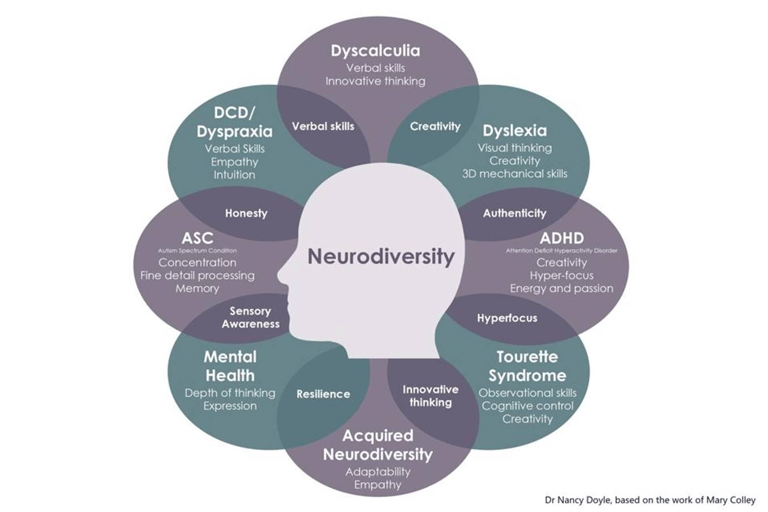Why Neurodiverse Doctors Struggle With Exams — and Why That’s Actually a Strength
We don’t talk about this enough: many brilliant doctors are neurodiverse — ADHD, autism, dyslexia, dyspraxia and more.
And yet, many of them hit a wall when it comes to exams. Not because they’re less capable, but because exams often reward a very narrow way of thinking and working.
Why exams feel harder
High-stakes exams demand fast recall, intense focus, and polished communication under pressure. That’s tough if you process information differently or you struggle with noise and sensory overwhelm. Often people with an underlying neurodiversity can struggle with timing and organisation. Having to juggle home life, work life and revision can be really challenging.
It’s not about ability — it’s about how the system is set up. Real-world medicine values depth and connection; exams often reward speed and surface.
Why neurodiversity is a strength
The irony? The same brains that struggle with exams often shine in clinical practice.
Neurodiverse doctors bring:
Deep focus and specialist knowledge
Creative, outside-the-box thinking
Integrity, precision and honesty
Powerful empathy for people who also feel “different” or unheard
Neurodiversity is not a barrier — it’s a different operating system. And with the right support, neurodiverse doctors don’t just pass exams — they transform healthcare.
Could Your Neurodiversity Be Your Strength?


